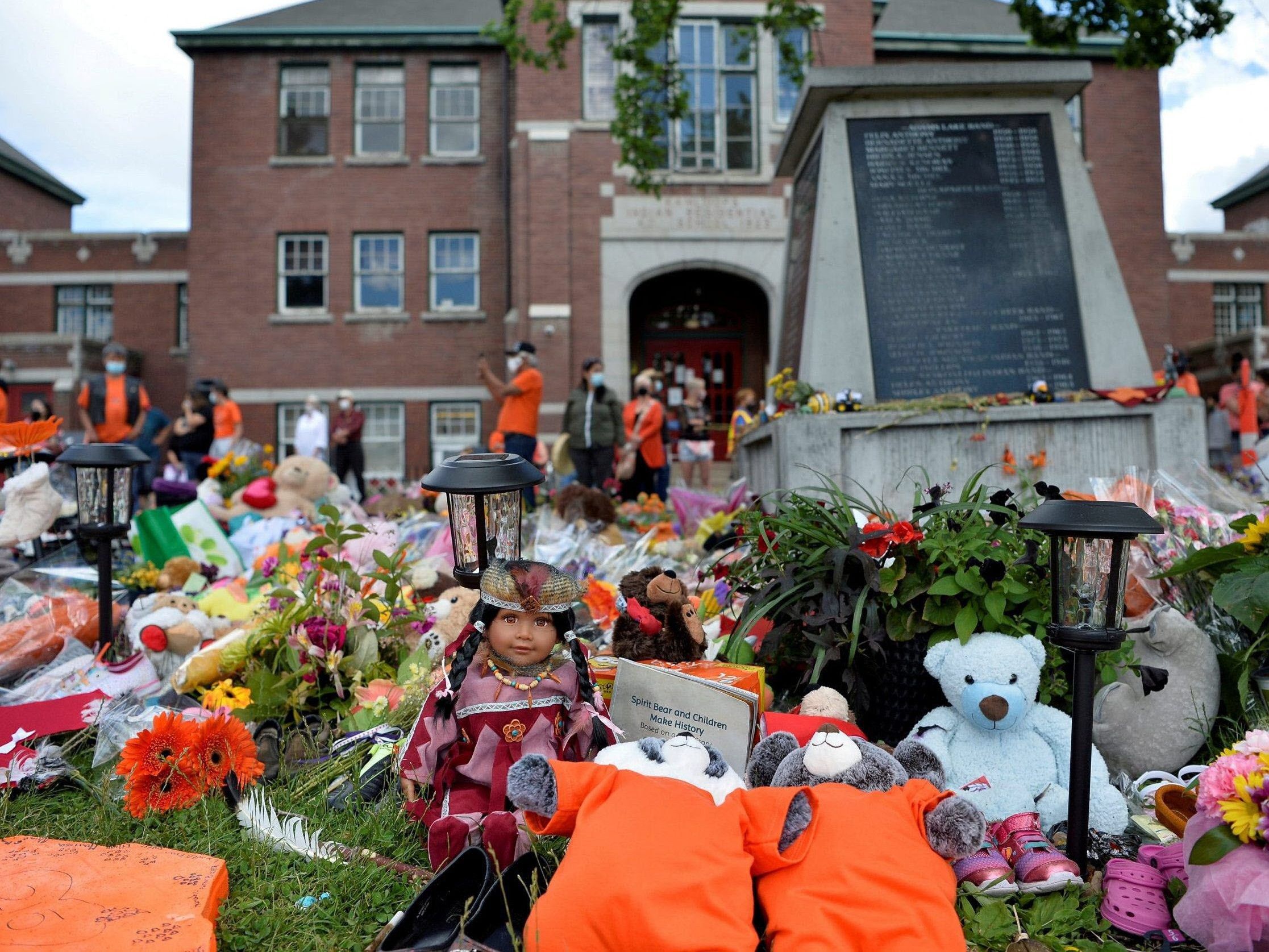i’ve experienced racism, whether people intended it or not, it’s always been there. as an artist, i’ve been in those very uncomfortable places, but i’ve also recognized what an opportunity i have to work through them. i had to navigate them to keep doing what i was doing, to be a singer, to be a songwriter, to be an artist.
and you decided to start the arctic rose foundation.
arctic rose is the title track of that first album [
arctic rose
, 1992]. that song was written around my first loss of a dear friend to suicide. when we began the songwriting of the album, i was very clear with that first producer that i could only write about what i knew, and what i knew at the time was heartache and all these other things that i had left at home. he was very open about writing those things and it started with arctic rose. that’s why, when i decided to pursue charitable status versus partnering with organizations, i knew i wanted to call it the arctic rose foundation to honour what the song was about and what that loss was — that loss continues in the work we have to do.
our current program, the messy book program, is an after-school expressive arts program. from 3pm to 5pm every day, participants come to our partner space. we hire and train high school students to run the after-school program. the other thing that’s very exciting about it is once a month we send trained and contracted indigenous artists to facilitate their art and to tell their story and how the work in their art heals them. so the participants and our youth workers are shown those possibilities as well. it’s all about bringing them these stories, mentorship and healing.
 7 minute read
7 minute read









